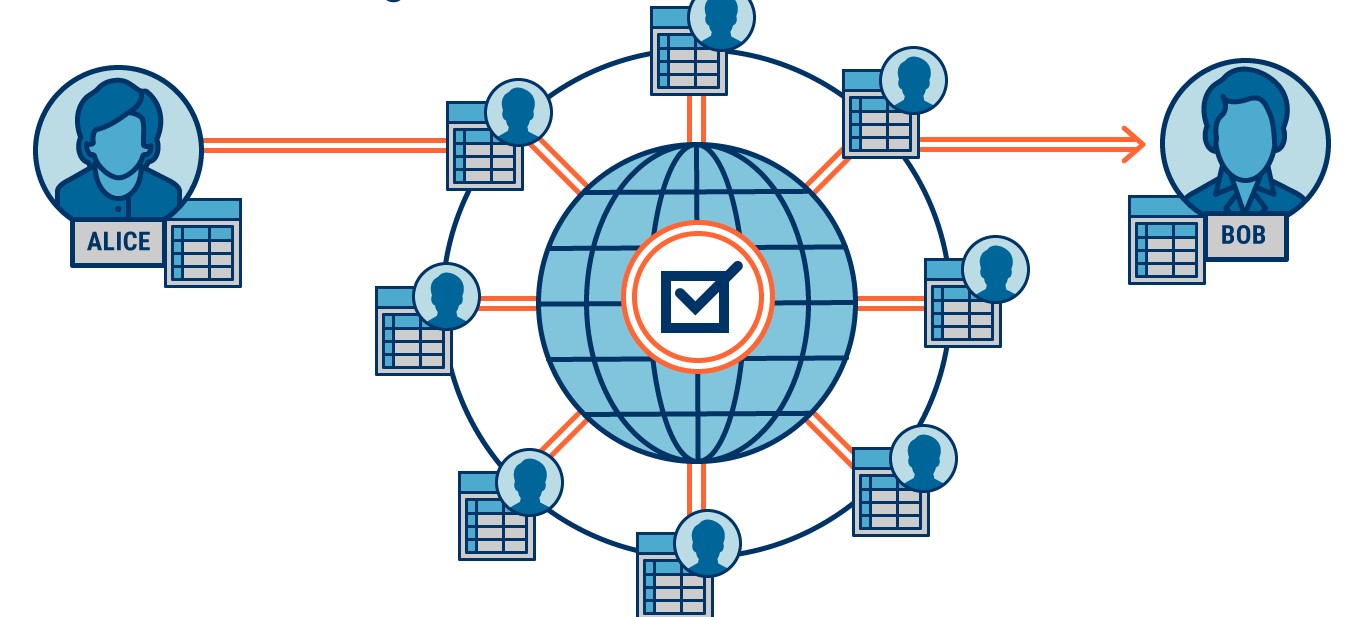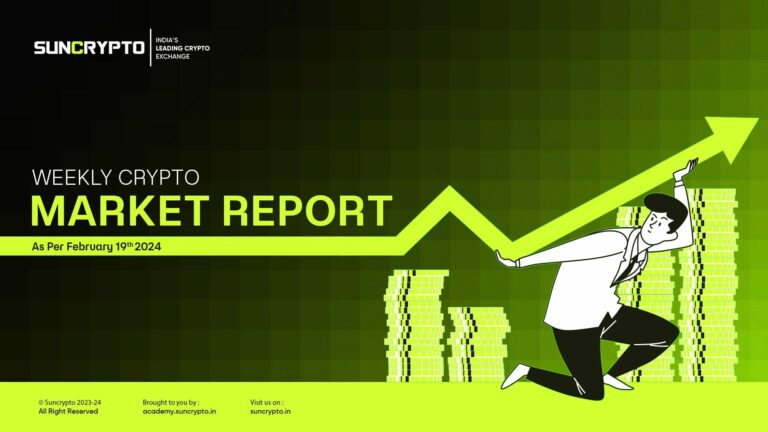A study evaluated that Blockchain technology has the ability to create value across industries, from healthcare, government, and public services. To manufacturing, banking, logistics, and retail. According to a PwC study published on 13 October 2020, Blockchain tech has the potential to increase global GDP by $1.76 trillion over the next ten years. The research reveals that blockchain has the ability to help organizations restructure and reorganize their operations. Based on increased trust, openness, and efficiency across organizations and society.
What is Blockchain?

Blockchain technology is a peer-peer mechanism that varies and stores information in such a way that it is impossible for a person to change, hack and cheat. It stores information in a block and that block keeps the information of each transaction in a decentralized ledger.
To put it another way, Blockchain (distributed ledger technology) is a network software system that allows for the secure transmission of money, assets, and information via the internet without the use of a third-party middleman like a bank. A blockchain can be used as a digital registry to record, transfer, and verify asset ownership (for example, home, auto, stocks, bonds, mortgages, and insurance), as well as maintain the integrity and validity of sensitive papers or records.
The four basic types of blockchain applications are:
- Money transmissions and payments
- Property registries
- Contractual agreements
- Identify confirmation
As a primary means of verification, identification, and authentication, cryptography has supplanted trust.
Because it naturally solves trusted recording of large-scale peer-to-peer actions, blockchain technology (distributed ledger) can be used as a transactional mechanism for “sharing economy” services. In a decentralized setting where not all parties can be fully trusted, blockchain as an economic invention offers answers when there is a need for a reliable record of transactions.
According to Blockchain Market Report, distributed ledger technology (DLT), often known as the blockchain, is expected to have a favorable economic impact. Between 2018 and 2024, it will generate up to $120 billion USD globally. The study also found that the benefits of blockchain meant that widespread adoption was very likely. They estimated that by 2024, blockchain may contribute anywhere from $87 billion to $120 billion, depending on which businesses adopt it and how quickly it is adopted.
Where Blockchain can help the economy
- The highest economic potential (US$962 billion) is in product and service tracking and tracing which became a new concern for many organizations’ supply chains during the COVID-19 pandemic. Blockchain’s use is broad, and it can help businesses ranging from heavy sectors, such as mining, to fashion brands, respond to public and investor scrutiny of sustainable and ethical sourcing.
- Payments and financial services, including the use of digital currencies, as well as cross-border and remittance payments (US$433 billion)
- Identity management (US$224 billion) includes personal identification cards, professional credentials, and certifications, all of which are used to assist prevent fraud and identity theft.
- Blockchain’s application in contracts and dispute resolution (US$73 billion) and customer engagement (US$54 billion), which includes blockchain’s use in loyalty programs, expand blockchain’s potential into a much broader spectrum of public and private industry sectors.
Still, the biggest benefit of blockchain technology is being decentralized so now government can’t control and manipulate the services.
Conclusion
The use of blockchain technology in the banking industry is expected to save between $16 billion and $20 billion each year. However, it’s not just about the cost savings. Cryptocurrencies could be used to replace traditional corporate shares, whether listed or unregistered. However, blockchain technology manages and records the transfer of shares on a decentralized ledger. Intermediaries would no longer be required, and existing brokers could become outdated.
If we talk about the boost across the region the biggest benefiter will be the Asian continent. Worldwide the sectors which will gain the most benefit are public administration, education, and healthcare sectors. According to the PwC the benefit received to these sectors will be around US$574 billion by the year 2030. Other sectors like business services, communication, and mass India along with wholesalers, retailers, etc will gain huge benefits with blockchain.
For the time being, the world’s top banks and central banks have started to invest considerable funds in Blockchain tech. While bank CEOs have typically been against Bitcoin, their views on the technology involved are dramatically different.
Disclaimer: Crypto products and NFTs are unregulated and can be highly risky. There may be no regulatory recourse for any loss from such transactions. All content provided is for informational purposes only, and shall not be relied upon as financial/investment advice. Opinions shared, if any, are only shared for information and education purposes. Although the best efforts have been made to ensure all information is accurate and up to date, occasionally unintended errors or misprints may occur. We recommend you to please do your own research or consult an expert before making any investment decision. You may write to us at [email protected].





